space
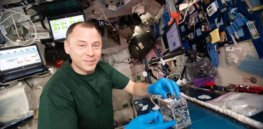
DNA in space: First CRISPR gene-editing study by astronauts opens door to future experimentation
The first CRISPR experiment to take place in space shows that DNA can repair itself in microgravity. As part of ...
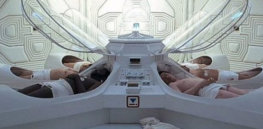
Human hibernation? Brain ‘snooze button’ could help astronauts survive long-term space travel
The mechanisms that control torpor and other hypothermic states—in which body temperatures drop below 37 degrees Celsius—are largely unknown. Two ...
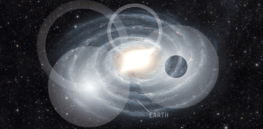
Why haven’t we been contacted by alien civilizations? Maybe because most have extinguished themselves, as we likely will
For some reason, civilization is not a self-perpetuating state of affairs on this planet. And perhaps not on other planets, ...
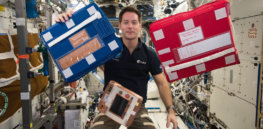
Why space travel demands a well-stocked cosmic pharmacy
In space, no one can hear you sneeze. But if an astronaut does catch the flu, it can be a ...
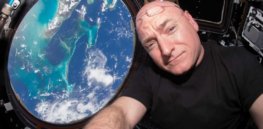
Can the human body survive a trip to Mars unharmed? New study casts doubt on safety of long-term space travel
Extended periods in space have long been known to cause vision problems in astronauts. Now a new study in the ...

Growing cotton in space could generate crop varieties with stronger fiber, better drought tolerance and disease resistance
HudsonAlpha Institute for Biotechnology teamed up with several partners in a series of research collaborations, grants, and projects. Their mission: ...
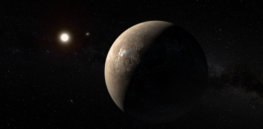
Finding a new home: Humanity’s survival could depend on a 1,000-year space journey to Proxima b
Located in the triple-star Alpha Centauri solar system, Proxima b has a mass 1.3 times that of Earth and a ...
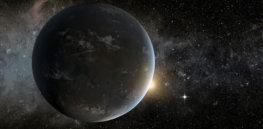
We may be getting closer to finding alien life, but don’t expect it to happen next year, expert say
Space.com asked top SETI (search for extraterrestrial intelligence) experts about what next year may signal regarding detecting other starfolk. ...
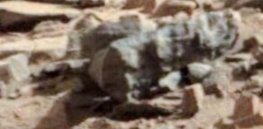
What to make of ‘photographic proof’ of insect life on Mars? More than likely, they’re just rocks
William Romoser, a professor emeritus who specializes in arbovirology (the study of viruses transmitted by arthropods) and entomology at Ohio ...
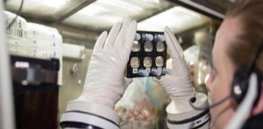
Seeking a better understanding of how space travel changes human heart cells
A team of researchers led by Joseph Wu, the director of the Stanford Cardiovascular Institute, recently sent cardiomyocytes made from human ...
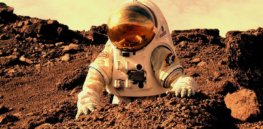
We may need to genetically engineer astronauts to protect them from radiation during long space flights
One of the main health concerns with space travel is radiation exposure. If, for example, scientists could figure out a way ...
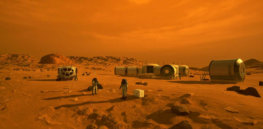
If we find alien life, how will we protect it from our own ‘microbial stowaways’?
When we venture beyond the moon, we’ll be bringing trillions of microbial stowaways with us. Which complicates things. If we ...
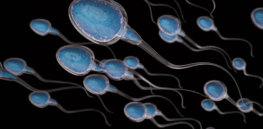
Extraterrestrial babies? Scientists want to know how microgravity would affect human reproduction
The plane’s rapid descent created a microgravity environment in the cockpit and for a few seconds, [pilot Daniel] González felt ...
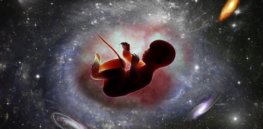
Why making healthy babies in space should be quite the adventure
Biologists sent brain organoids to the International Space Station to see how microgravity will affect developing babies ...
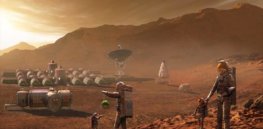
We need pollinators to grow food in space, but bees may not survive harsh extraterrestrial environment, study shows
One of the world’s newest space analogs is inside a white ziggurat on top of a former nuclear bunker in ...
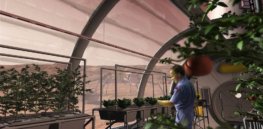
How genetically engineered crops can help us colonize space
If we are serious about settling on other planets, we must grow food efficiently outside the safe environment of Earth ...
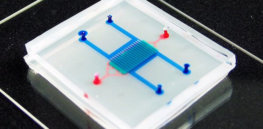
Sending tiny organs into space in search for aging, disease secrets
In research that sounds like something out of a science fiction movie, astronauts are conducting experiments on miniature human organs—such ...
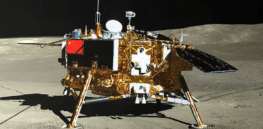
China is growing crops on the moon in preparation for its proposed lunar base
There’s cotton growing on the far side of the moon—the first time plants have sprouted there. On January 3, a ...
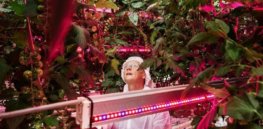
Video: Space-inspired ‘speed breeding’ fast tracks improvements in food crops
Technology first used by NASA to grow plants extra-terrestrially is fast tracking improvements in a range of crops. Scientists at ...
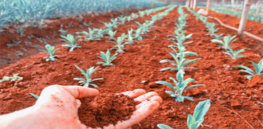
Food crops treated with synthetic plant hormone could grow in space, study suggests
With scarce nutrients and weak gravity, growing potatoes on the Moon or on other planets seems unimaginable. But the plant ...

Deep space travelers could face ‘significant’ gastrointestinal damage from radiation
Deep-space travel could even cause significant gastrointestinal (GI) damage to astronauts, according to one new study. Researchers at Georgetown University ...
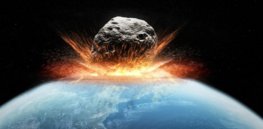
98: That’s how many humans it would take to start over on another planet
Are we too vulnerable to asteroid strikes and other cataclysms to stick with our single planet? … Frédéric Marin is ...
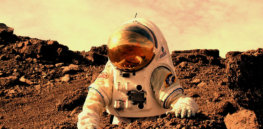
Genetically modified astronauts? Why humans may need to be redesigned for deep-space missions
NASA is now preparing for a human mission to Mars, but if our descendants ever shrug off their terrestrial bonds, ...
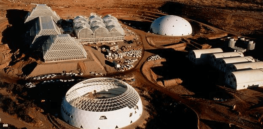
Viewpoint: Space colonization could be a really bad idea for humanity
[W]ould colonization of space lead to a dystopia? In a recent article in Futures, which was inspired by political scientist Daniel Deudney’s forthcoming ...
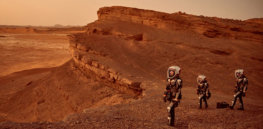
Mars conundrum: How do we explore without contaminating the Red Planet?
Space exploration experts worry over what will happen if a human expedition introduces Earth's microbes to Mars. Are those concerns ...
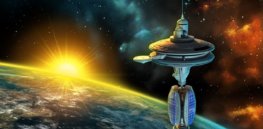
Deep-space travel, colonization may rely on genetically engineered life forms
Space exploration fires the imagination but presents many practical challenges—among them, how humans or organisms chosen to accompany us can ...

